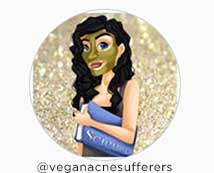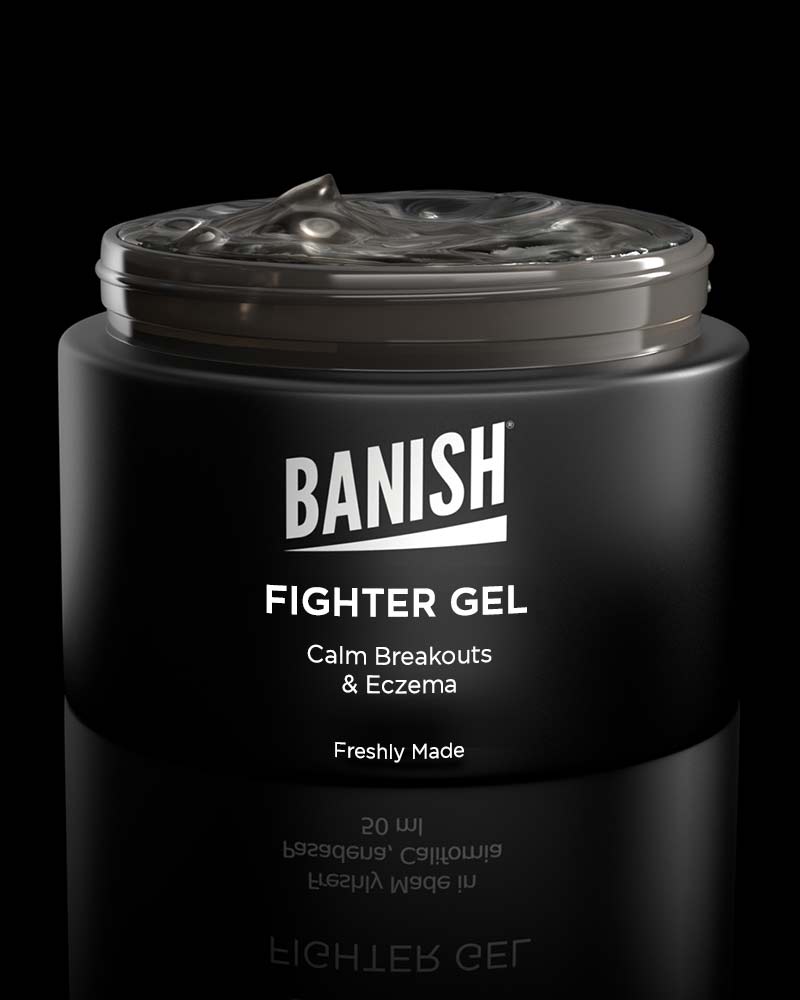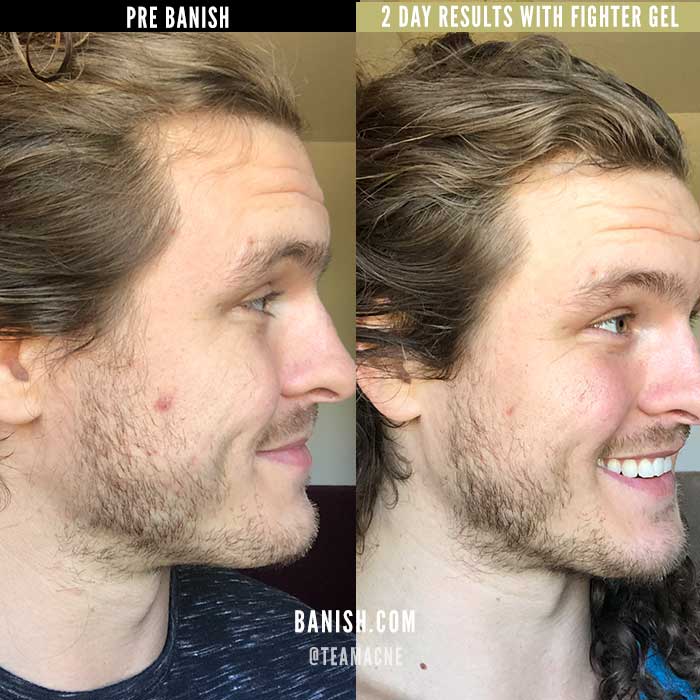Guest Blog By VeganAcneSufferers
People are always afraid of trying new products. In the acne world it's like the scariest thing we can think of. Every time I suggest a product to someone, the first question they ask is, "Yeah, but will it break me out?"
I can't answer that question - the only way you can know with 100% certainty if something will break you out, is by trying it. Usually I like to weigh the odds – the odds of it breaking you out versus the odds of it helping your skin – and go from there. Sometimes you just have to take the plunge, and go with the odds.
Regardless, here are some reasons that your skin may break out or react negatively to a new product, a new routine, or maybe even to a product that you've been using for months or years.
1. You may be using products that just plain aren't right for your skin.
I see people rave about products all the time, and yet I know that if I bother trying them (based on their ingredients or what they're intended to do) I will just end up with breakouts. That's the beauty of knowing my skin and my skin's needs - as much as I want to have clear skin that never breaks out, I don't, and so it doesn't do me any good buying skin care products formulated and geared toward people with normal skin.
An example is using products that claim to dry up oily skin despite the fact that your skin is very dry. It just doesn't make any sense! You need to buy skin care products that are suitable for your skin type and your skin's needs (dry skin needs more moisture, oily skin might need less moisture, but it also might need a little reparative help.)
2. Using too many treated products is another reason your skin may react adversely.
With anti-acne products this is especially true.
People with acne think that if they slather on treated products that their acne doesn't stand a chance. A little bit is good - so a lot must be even better, right?!
So they use a tea tree oil wash, a benzoyl peroxide cream, followed by a prescription retinoid or antibiotic, and then a salicylic acid spot treatment.
This may sound like a winning combination - and it may even work for the first little while. But it also can go south mighty fast.
This can cause the skin to become increasingly sensitive and irritated.
Less is certainly more in this case. Use 1-2 really good treated products, and that's it (usually a treated moisturizer or prescription + a spot treatment).
3. One of the most obvious reasons might also be that you're using a product or products that are poorly formulated.
The product may have a high alcohol content, or other ingredients that are common skin irritants like certain fragrances or SLS. The reaction from irritating ingredients might happen immediately, or they may manifest over a long period of time - based on continued and/or cumulative use.
This is especially common in products that have several irritating ingredients in it - one irritating ingredient on its own may not be enough to bother healthy skin, but when combined with other irritating ingredients they may overload our poor faces!
4. Although this is a less common occurrence, sometimes we may actually be allergic to a certain ingredient, even one that is not irritating at all.
This has absolutely nothing to do with the quality of a skin care product, however. For example, chamomile is a common allergen, and it's in some skin care products as a soothing agent - because it is very soothing.
Allergies and irritants can sometimes manifest in similar ways, so they're difficult to tell apart.
Irritant contact dermatitis can cause the skin to become red, inflamed and dry after contact with a product. It can be by contact with acids, alkaline materials like soaps and detergents, fabric softeners, etc. The reaction usually looks like a burn, or a rash. Allergic contact dermatitis can also make the skin red, inflamed and dry. This is commonly caused by skin care ingredients that might also cause photosensitivity. It's important to note that the first time you are exposed to a substance you may not have an allergic (or irritant) reaction, but you may become more sensitive to it the more you continue to use it.
5. And alas, unfortunately - some people are just unfortunate enough to have sensitive skin. Sometimes it just plain doesn't matter, and your skin reacts negatively to seemingly everything.
This is usually when people can only use the most basic, fragrance-free, pH balanced products on their skin - no oils, no treatment, no masks, no nothing. And this usually stems from some kind of systemic inflammation, some form of autoimmune disorder, or a compromised moisture barrier that would require attention prior to introducing new products. A sure sign of increasingly sensitive and irritable skin is dry, flaky skin that feels tight after cleansing with even the most basic cleanser; skin that becomes red and itchy when any products are applied, etc.
So hopefully this has shed some light on the delicate situation that is picking a skin care product for your beautiful face. Sometimes a product makes us break out, we need to come to terms with that - but make sure you're giving it time, you're using it properly, and that you're not changing your routine up too often (your skin needs some time to relax, too!)
------------------------------------------------------------------------------
About

I first got acne in high school, and it came back in my early adulthood. I was able to struggle through those difficult times and come out of it a stronger, wiser, healthier person as a result. I'm here to help you do the same thing!























Leave a comment
All comments are moderated before being published.
This site is protected by hCaptcha and the hCaptcha Privacy Policy and Terms of Service apply.